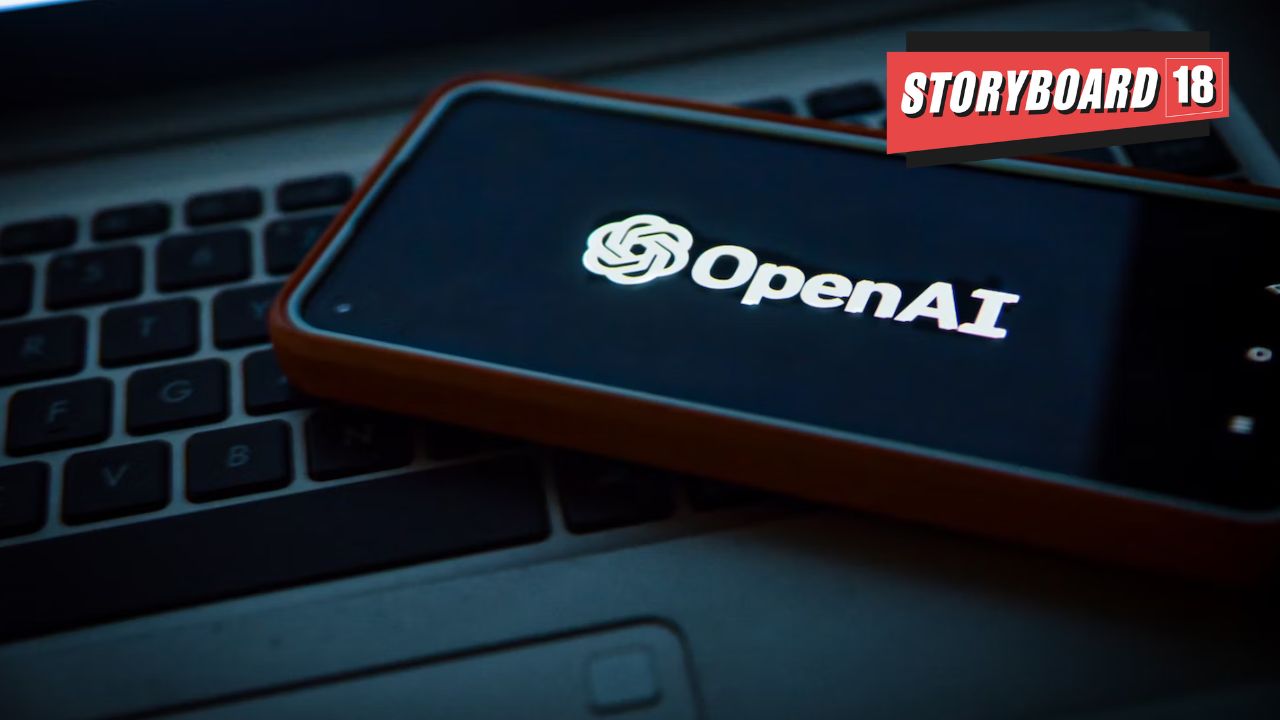Indian news publishers, already fighting for a fair revenue share with internet giants, now confront a new challenge: the rise of artificial intelligence.
Media houses are gearing up to tackle the issue of content protection and the innovation that comes with the proliferation of AI in a balanced way. Just like their global counterparts, news content publishers across languages are contemplating how to cope with OpenAI’s web crawler and some are even considering blocking it.
OpenAI employs web crawling – the process of automatically browsing web pages – to gather knowledge for its AI capabilities such as ChatGPT, enabling it to generate AI-powered responses to queries.
“AI and web crawlers are a new subject and we are yet to understand the full impact of it,” said the representative of a regional media brand in India. “However, global movements are helping us gain a perspective on the kind of losses our content stands to suffer in the wake of this development.”
“We haven’t blocked OpenAI web crawler yet, but we ideally should and we are considering it,” a senior executive of a large English daily said on condition of anonymity.
Suggested principles
A month ago, Agence France-Presse, European Pressphoto Agency, European Publishers’ Council, Getty Images, National Press Photographers Association and other prominent global news and publishing entities signed an open letter addressed to policymakers and industry leaders around the world. In the letter, the media organisations outlined suggested principles to govern the controlled and responsible advancement of generative AI models.
“We believe artificial intelligence (AI) and generative models hold the potential to provide significant benefits to humanity; however, left unchecked, we also believe these technologies can threaten the sustainability of the media ecosystem as a whole by significantly eroding the public’s trust in the independence and quality of content and threatening the financial viability of its creators,” they said in the letter.
The letter also addresses the issue of losses.
“Generative AI and large language models are also often trained using proprietary media content, which publishers and others invest large amounts of time and resources to produce. These models can then disseminate that content and information to their users, often without any consideration of remuneration to or attribution to the original creators,” they explained in the letter.
According to the concerns highlighted in the letter, these practices take away from the fundamental business models of the media, which rely on audience engagement (including subscriptions), licensing, and advertising.
Indian media organisations are trying to strike a balance.
“Our primary goal is to strike a balance that respects copyright protection, fosters innovation, and maintains a free flow of credible news… We are hopeful that upcoming bills of the Government of India on Digital Governance and Competition matters would also factor these recent changes in the domain of technology that would have ramifications on both revenue and copyright matters,” said Sujata Gupta, secretary general of the Digital News Publishers Association.
Indian stakeholders are also in agreement with the regulatory and industry measures suggested by the global media consortium. These include enabling media companies to collectively negotiate with AI model operators and developers regarding the terms of their access to and use of intellectual property, and involvement of consent of the intellectual property rights holders to copy and use content in training data and output.
